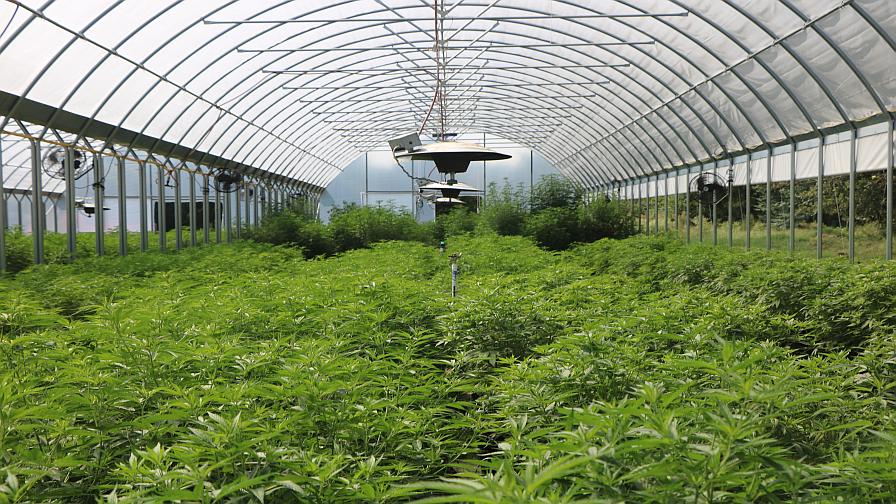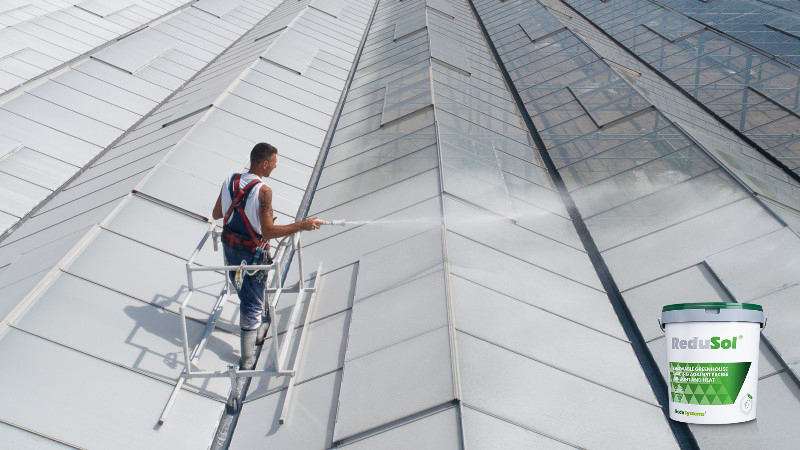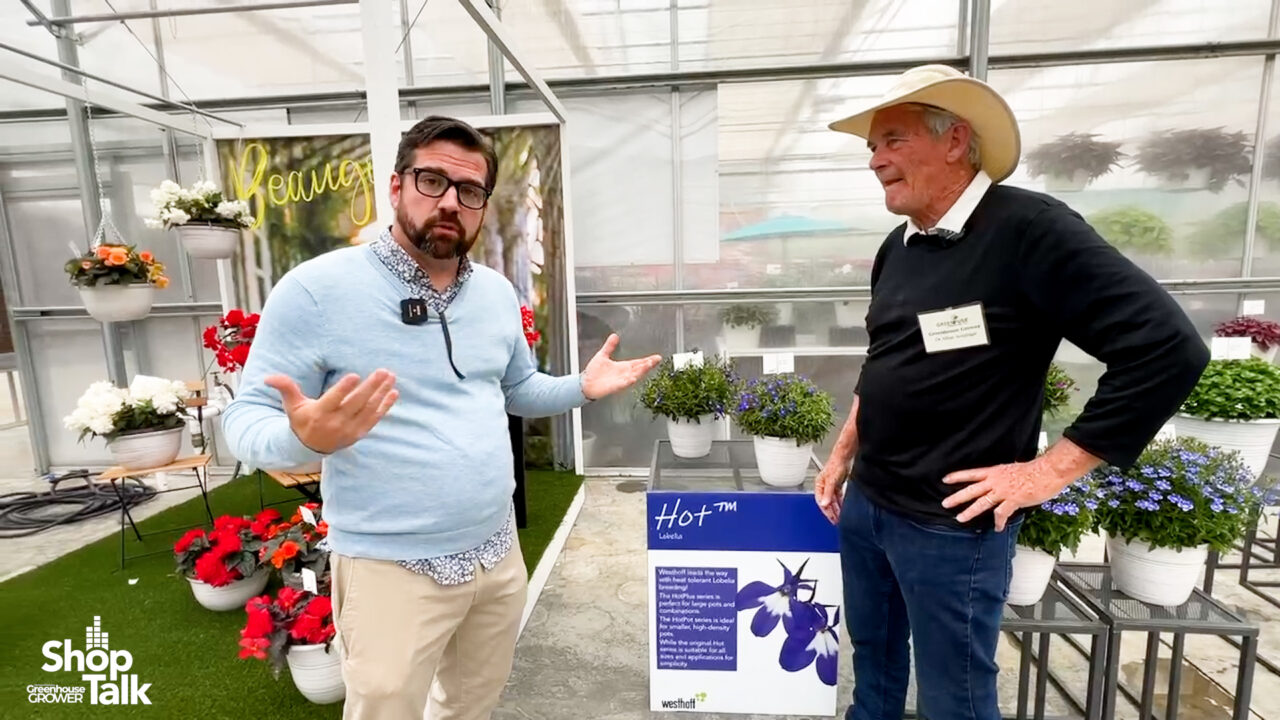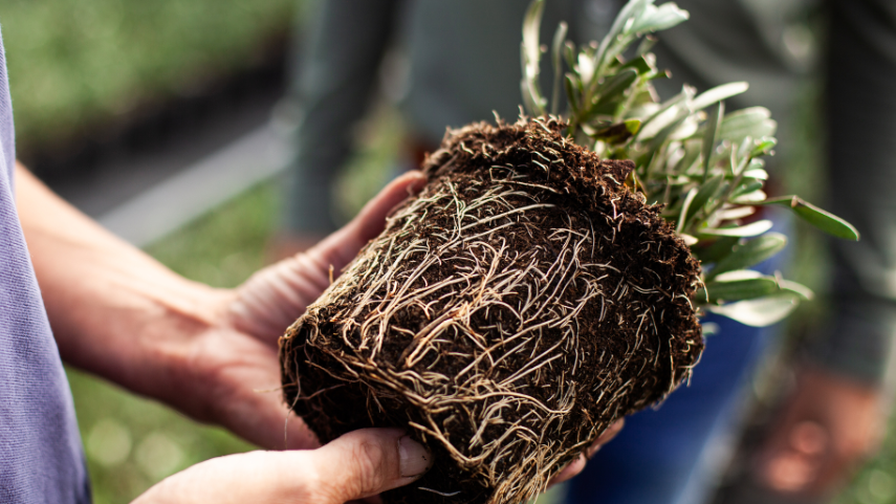Growers Working Hard To Protect Pollinators — And Their Businesses (Opinion)
 Editor’s Note: This editorial was written and published just prior to the news coming out about Lowe’s phasing out neonicotinoids by 2019. However, that news doesn’t change the fact that growers have a long history as good stewards of their land and of the environment. As evidenced by the 2015 Top 100 Growers Report, the nation’s largest growers continue to adapt their production practices to be cognizant of environmental factors, worker safety, retailer preferences and consumer concerns. In light of Lowe’s announcement, growers who produce for the retailer are certainly working toward that mandate; but they’re also hopeful that the research currently underway will provide scientific reason for decisions made on production going forward.
Editor’s Note: This editorial was written and published just prior to the news coming out about Lowe’s phasing out neonicotinoids by 2019. However, that news doesn’t change the fact that growers have a long history as good stewards of their land and of the environment. As evidenced by the 2015 Top 100 Growers Report, the nation’s largest growers continue to adapt their production practices to be cognizant of environmental factors, worker safety, retailer preferences and consumer concerns. In light of Lowe’s announcement, growers who produce for the retailer are certainly working toward that mandate; but they’re also hopeful that the research currently underway will provide scientific reason for decisions made on production going forward.
When the news broke last year that growers would be required to label plants treated with neonicotinoids at The Home Depot, and that other retailers were mandating growers to produce crops without neonics, I sucked in air and said under my breath, “Spring 2015 is going to be verrrrry interesting.” I think a lot of people had the same reaction.
But I shouldn’t have been worried. Judging by responses from our 2015 Top 100 Growers survey, growers have taken these challenges in stride, and they’re working to not only protect their businesses, but also to show retailers and consumers how they’re changing and improving their operations’ already environmentally responsible practices. But in doing so, they’re not pandering to consumer scrutiny. They’re addressing crop protection challenges based on their needs and what’s necessary for the crops they grow. And if that means using neonics, then that’s what they’ll do.
“Neonics are currently an important part of the Costa Farms IPM program because of their effectiveness at controlling pests and their lower overall toxicity levels to humans, animals and beneficial insects in comparison to older classes of chemicals,” said Costa Farms’ Jose Smith in the Top 100 Growers Survey.
The key, I think, is that the approach is different. Growers have long realized that the way chemicals were used in the past, as broad-spectrum, wide-swathing control, is old-fashioned. Instead, they’ve been actively implementing IPM and using biocontrols to reduce the use of chemicals altogether and in doing so, they’re working smarter, reducing costs, saving money and time and growing with precision.
“As our IPM program has evolved, we’ve markedly reduced our use of conventional chemical controls and more than doubled our use of biological controls, including beneficial insects, fungi, bacteria and natural repellents,” Smith said.
The other key in all of this is letting the public see everything growers are already doing to promote responsible practices in their operations.
“We are training our sales team on how to explain our chemical use, preparing for questions from the public,” James Russell of Armstrong Growers said.
Between grower efforts and the industry resources that offer education for the horticulture industry, as well as its retailer, landscaper and consumer customers, I think things are looking up for the industry. Some recent wins include:
• The USDA’s National Agriculture Statistics Service (NASS) recently reported that bee populations are up by 4 percent and honey production increased 19 percent since 2013.
• A newly released educational video from the horticulture industry’s Bee & Pollinator Stewardship Initiative, “Protecting Bees & Pollinators: What Horticulture Needs to Know,” provides valuable information on horticulture’s essential role in bee and pollinator stewardship.
• Funds ($272k) allocated by the USDA’s Animal and Plant Health Inspection Service will support the industry’s pollinator stewardship effort, and partner AmericanHort and SAF with bee associations on a coordinated project.
• The Horticultural Research Institute has granted $125,000 in financial support for four key research projects that will provide science-based information about pollinators and their interaction with ornamental crops
• A voluntary “Bee Friendly” program will be available through the stewardship initiative that will offer discussion points, frequently asked questions and tools to help growers and retailers give some industry perspective to customers and members of the public who are asking about their practices regarding bee and pollinator health.
• The American Floral Endowment (AFE) announced it has received $20,000 in funding to support pollinator health research. AFE is also funding a new research project to examine translocation of systemic insecticides to various plant parts, and the health of honey bees on ornamental plants following treatment with neonicotinoids and other systemic insecticides.
Compared to where we were at this time last year, I feel like we’re headed in the right direction. We’re working together and promoting our industry — and that’s always positive.










